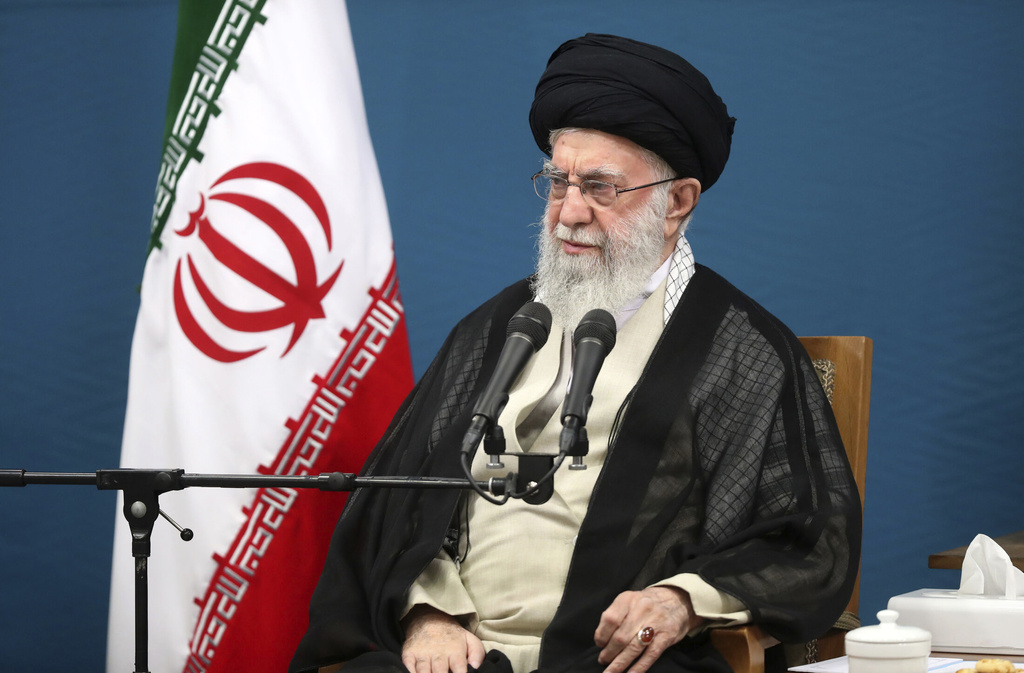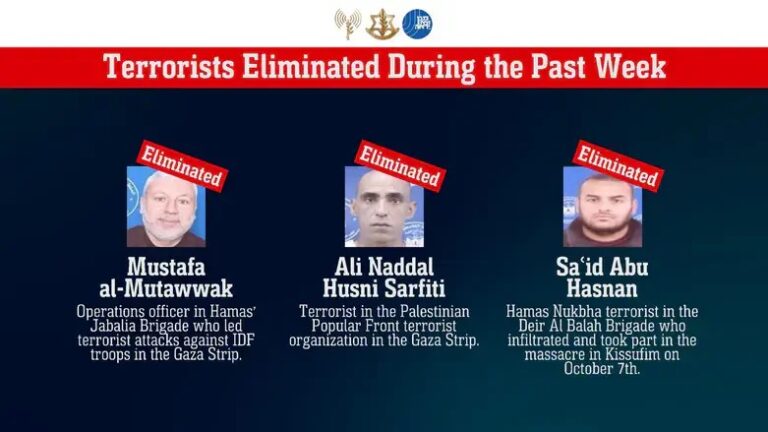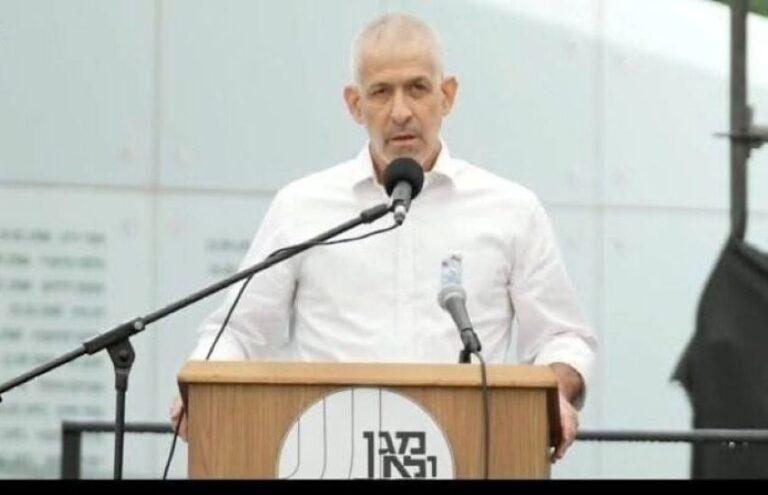Concerns are mounting that Iran, the world’s top state sponsor of terrorism, could soon become a nuclear power, with the regime’s advancements sparking fears of a profound geopolitical crisis. The head of the International Atomic Energy Agency (IAEA), Rafael Grossi, warned this week that the 2015 nuclear accord with Tehran is effectively obsolete, as Iran is now a nuclear threshold state with the capability to produce weapons-grade uranium.
Grossi’s remarks, made during a meeting in Rome, underline the gravity of Iran’s progress. The Islamic Republic has enriched uranium to 60% purity, just a short technical step from the 90% required for nuclear weapons, and now possesses enough fissile material for multiple bombs, according to the IAEA.
“It has uranium at 60% — 90% is military grade — and is thus practically at the same level as nuclear-armed states,” Grossi said, urging the international community to rethink its approach to prevent Iran from becoming a nuclear-armed state.
Under the 2015 Joint Comprehensive Plan of Action (JCPOA), Iran agreed to severe restrictions on its nuclear program in exchange for sanctions relief. However, since the U.S. withdrew from the deal in 2018, Tehran has expanded its enrichment activities and installed advanced centrifuges. A leaked IAEA report recently warned that Iran could soon accelerate its enrichment process eightfold.
The implications of a nuclear-armed Iran are particularly dire. The regime, led by Supreme Leader Ayatollah Ali Khamenei, has openly called for Israel’s destruction and funds terror groups across the Middle East. Over the past year, Iran has launched missile barrages at Israel, prompting Israeli retaliation against Iranian military facilities.
Israel, which considers a nuclear Iran an existential threat, is reportedly contemplating military action to prevent Tehran from acquiring nuclear weapons.
The Washington Post reported last weekend that Israeli strikes in October severely impacted Iran’s ballistic missile production, which could potentially deliver a nuclear warhead.
While Iran insists its nuclear program is for civilian purposes, U.S. intelligence and the IAEA confirm that Tehran pursued a military nuclear program until 2003 and has continued its development beyond civilian needs.
(YWN World Headquarters – NYC)












2 Responses
This is not possible the supreme leader has reiterated on many occasions that it is against the Koran to have nuclear weapons.
lbj
Really now! As if they care for the Koran!